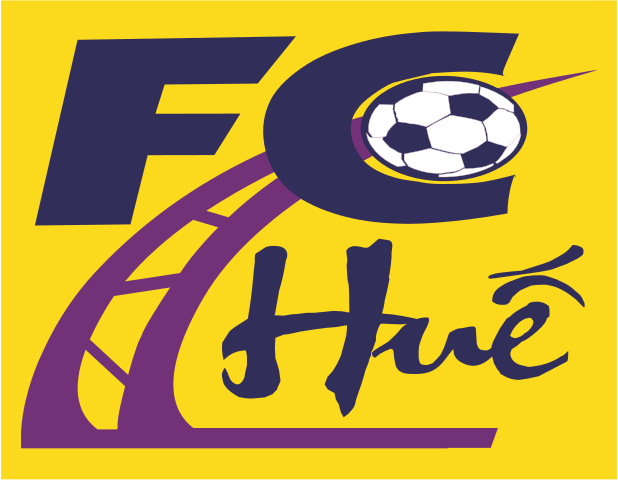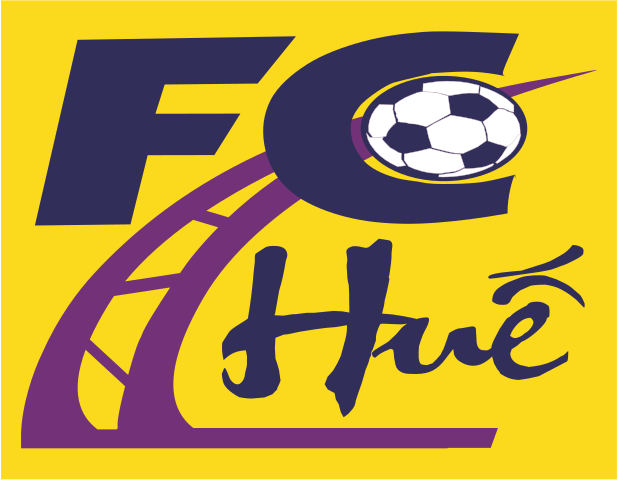The Freezer Label Market has become increasingly important for industries requiring reliable labeling solutions in cold storage environments. These labels are designed to endure freezing temperatures, moisture, and handling challenges while maintaining legibility and adhesion.
Rising consumption of frozen foods and pharmaceuticals has boosted the market. Freezer labels ensure accurate product tracking, reduce wastage, and comply with safety and regulatory standards. Food processors and biotech industries rely heavily on high-performance labels to maintain product integrity.
Technological advancements in the Freezer Label Market Dynamics have introduced durable adhesives, synthetic materials, and frost-resistant inks. Smart labeling solutions, including barcodes and QR codes, improve traceability, inventory management, and operational efficiency.
Eco-conscious manufacturing is gaining traction. Recyclable and environmentally friendly label materials are being developed without compromising performance. Companies investing in sustainable labeling technologies are attracting consumers who prioritize eco-friendly products.
Asia-Pacific is an emerging hub due to expanding frozen food industries and rising demand for packaged meals. North America and Europe maintain strong market shares driven by mature cold chain infrastructure and strict labeling regulations. Latin America and the Middle East provide new growth opportunities.
Customization of freezer labels is increasing. Brands demand labels that reflect identity, ensure legibility, and maintain durability in freezing conditions. Temperature-resistant inks, water-resistant coatings, and strong adhesives are now standard features to meet operational requirements.
In conclusion, the Freezer Label Market is expected to grow steadily, fueled by technological innovations, increasing demand, and sustainable practices. Manufacturers and investors can capitalize on the evolving market dynamics.


